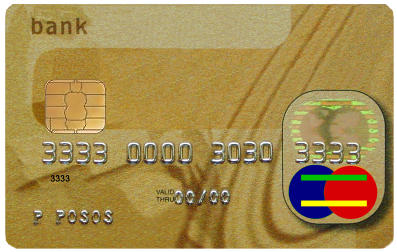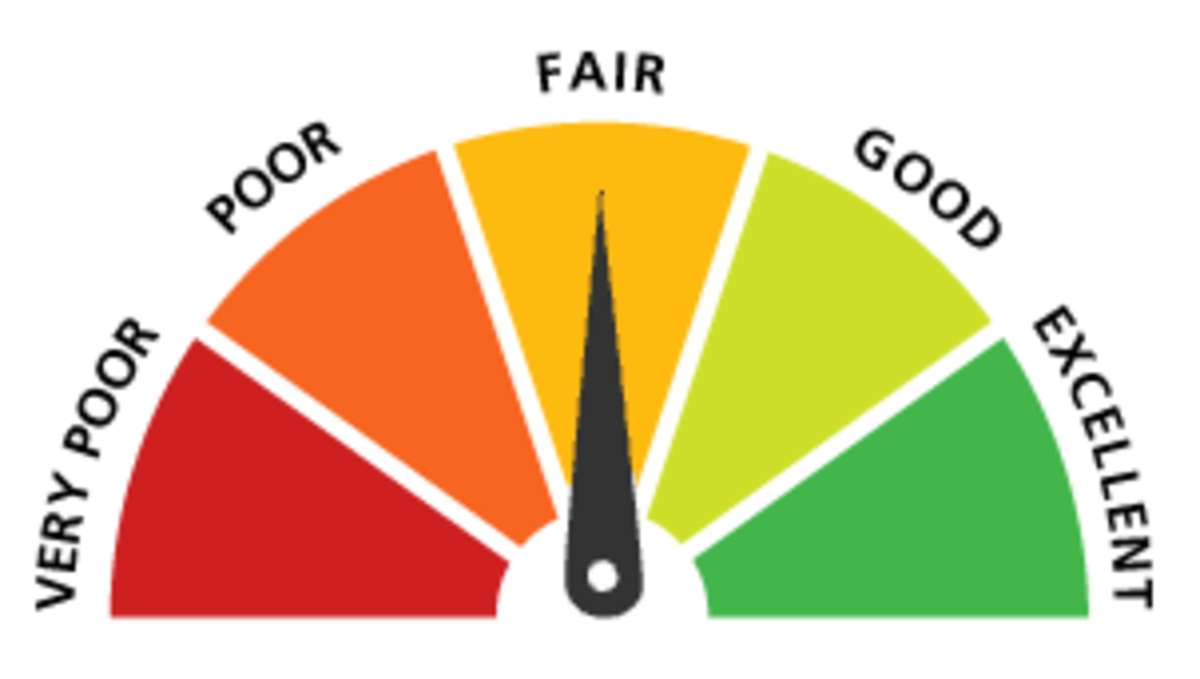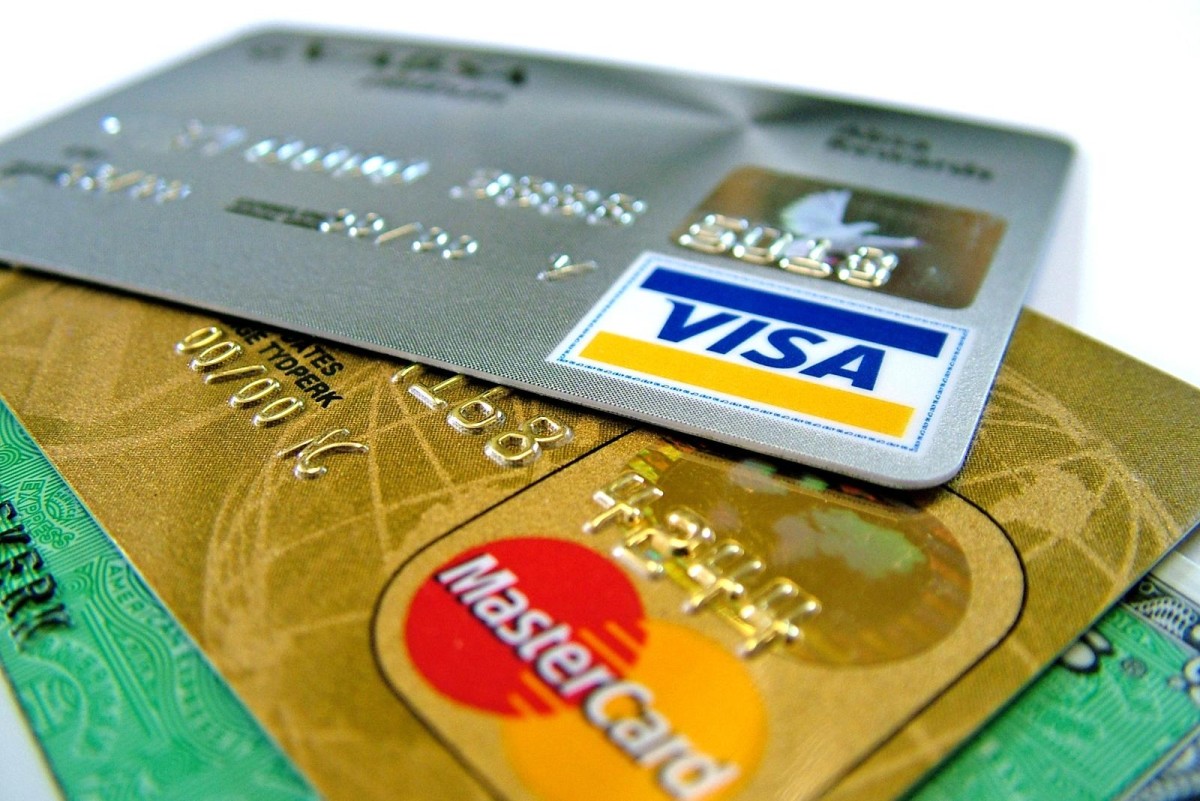How to Achieve a High Credit Score
One of the most important assets that people can have is their credit score. A high credit score allows people to have much more financial flexibility than those who have a lower score. What is a credit score, and how is it possible to achieve a high score? The words that follow will explain these two important points.
Paying Bills on Time Is the Biggest Factor
The biggest factor in deciding a person's credit score is their payment history. Those who make payments over a long period of time will have a stronger credit score than those who fail to make their payments in a timely fashion.
Late payments start to show up on a credit report after 30 days, and these late payments will lead to a negative impact on a credit score, not to mention the fact that those who make late payments will incur late payment penalties and have a bigger bill than they did before.
The bottom line is that people who want a good credit score will need to make all payments on time.
Do you think it's right for prospective employers to check credit scores?
Avoid Applying for Too Much Credit
Another factor that the credit reporting agencies use to calculate a credit score is the number of so-called "hard" inquiries into a person's credit score.
Each time an individual applies for credit, the lending agent will make an inquiry as to what type of risk that person will be. They will pull a credit report, and this will shave a few points off of the credit score, which will range between 300 and 850.
For each request, a person can expect to see a drop of somewhere around 5 points from their credit score. Those who apply with 20 banks for the best possible rate might start out with a solid credit score of 750 and then theoretically see a 100 (or so) point drop to 650. This score would indicate a bigger risk for mortgage lenders, even though his or her financial situation is no different than it was when the credit reports were pulled.

Watch Credit Utilization Levels
Credit reporting agencies will look at the level of credit a person utilizes when offering additional credit. A person who has a credit limit of $10,000 but uses only 5 percent in a normal month would be more likely to get a higher limit than a person with the same limit who has an outstanding balance of $8,000. The latter will be less likely to get a home mortgage with a favorable rate, if he or she can get a mortgage at all.
For this reason, it is very important to keep credit card payments up so that a large amount of credit is not utilized on a regular basis.
Keep Older Credit Cards
Most people no longer use the first credit card that they got years ago. While there may be no annual fee, the other rewards that this card might offer are not so great. There are many other cards that have great rewards like cash back on purchases, lots of miles or points for travel programs, or really great introductory rates (like 0 in many instances).
Regardless of what card a person chooses to use on a regular basis, it is still not a good idea to lose the card mentioned above. One of the factors used in calculating a credit score is the age of the credit history. Even though a card might that is 15 years old might not be used by its owner, it is still good to keep it in the wallet because it has a positive impact on a credit score, especially if all of the other cards in a person's repertoire are three years old or less.
Tips to Get a Good Credit Score--Recap
- Pay monthly bills on time to avoid late charges and massive dings to a credit score
- Keep credit utilization to a minimum
- Avoid applying for credit too many times
- Keep your oldest card because a long credit history has a positive net impact on a credit score








